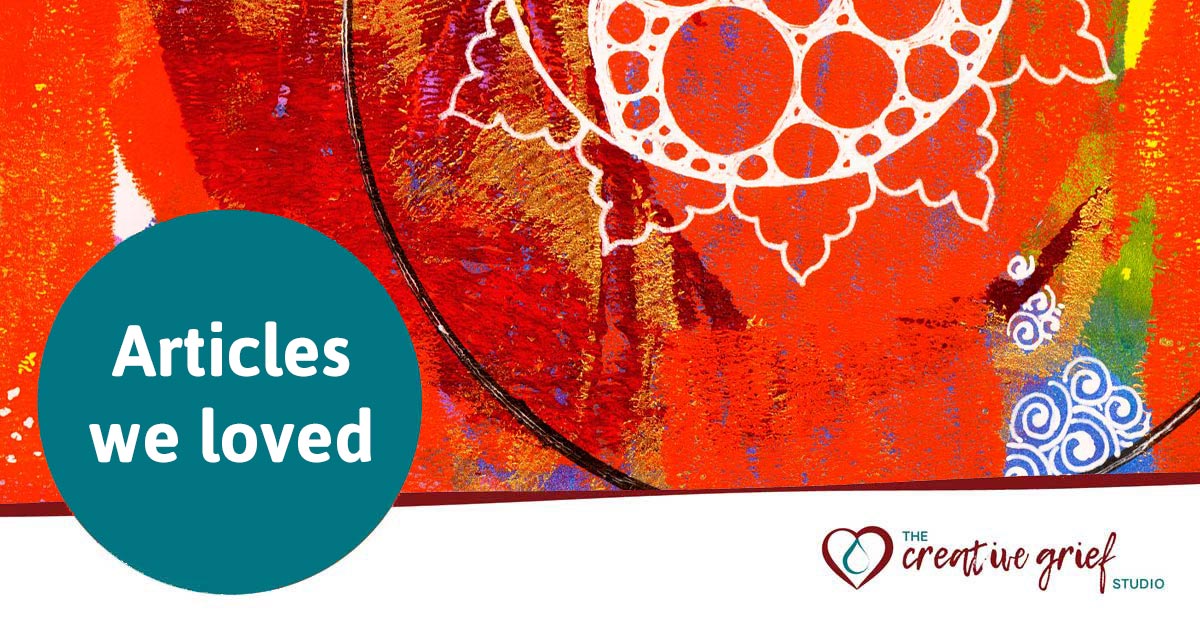Co-regulation instead of self-regulation
Any grieving person will tell you about how central relationships have been in helping or hindering their grieving, and the research on grieving bears out the same message that relationships are central in outcomes after loss. Despite this common sense knowledge, our dominant modern Western culture of individualism, independence, self-reliance, and competition is still framing so much psychological advice out there. It’s pretty rare to find articles that speak of the centrality of relationship, and we stand strongly for a relational approach to grief support. So we loved finding this one which explains why we need to think of “co-regulation” rather than self-regulation for children. We think it applies to adult too! Even if you have the skills to “self-regulate,” how much easier and more meaningful is it when you can be co-regulated instead?!
https://gobbelcounseling.wordpress.com/2018/01/29/self-regulation-doesnt-exist/
Children’s books about dying and grieving
Books are such a great way into conversations with children, so we think you can never have too many books about the difficult topics in life, including dying and grieving. Don’t just leave it for kids though. Adults can find children’s books about dying and grieving so helpful and moving too! Here’s another list of books about dying and grieving for you to consider…
https://www.nytimes.com/2018/04/27/books/review/tims-goodbye-steven-salerno.html
The nuances of suicidality
Suicide is a tough topic, and tough topics can be so complex, yet ironically so often get talked about in reductionist black and white ways. Because there’s so much variety ion people’s experiences and meanings, we love to encourage our students to look for all the grey areas, the nuance, the diversity, the complexity, the ambiguity, and the paradoxes. Here’s an example of a discussion of some of the grey areas in suicidality…
https://themighty.com/2016/03/when-you-feel-suicidal-but-dont-want-to-die/

